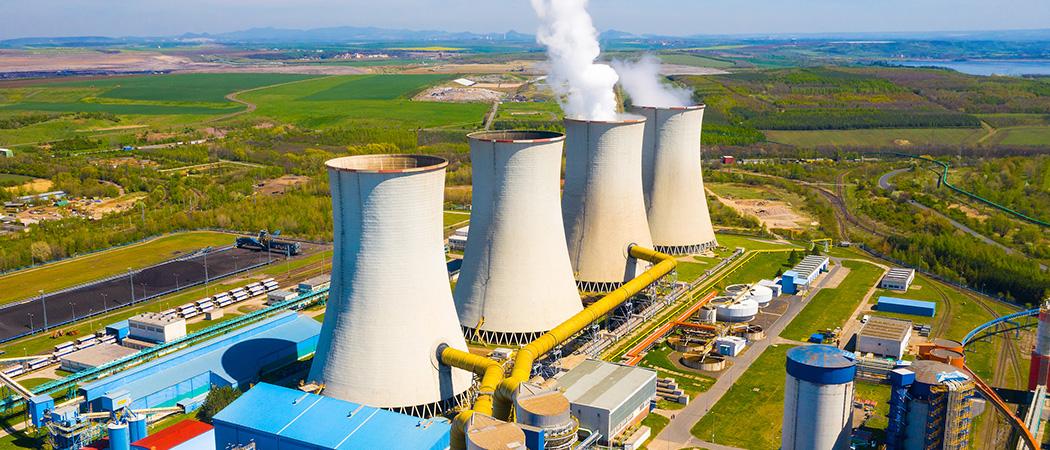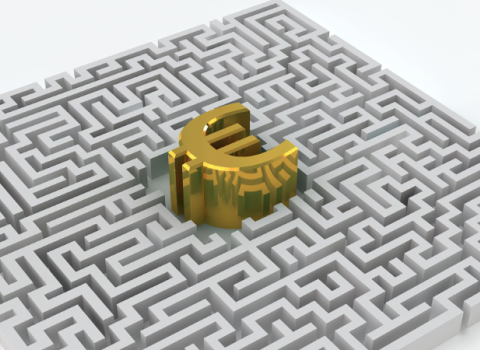Shrinking revenues from European Coal and Steel Community assets could leave the coal and steel research fund without money. MEPs back a proposal by the Commission to diversify the assets and raise more money

The European Parliament has backed a proposal by the European Commission to raise more money for its coal and steel research programme, providing the means to align its R&D with broader targets for greening steel production and decarbonising the economy.
Until now, the European Commission has used the returns on assets of the European Coal and Steel Community (ECSC) to support research projects in the steel and coal sectors with €40 million each year.
With returns winding down, the Commission has called for member states to decide on new sources funding to ensure a higher and more reliable source of financing.
The Commission wants to sell some ECSC assets and broaden the investments to foreign currencies and exchange traded funds and mutual funds, in bring in an annual allocation of €111 million until 2027.
The Parliament has now voted to back that proposal and is waiting on the member states to give their final stamp of approval.
Coal and steel are the foundation stones of the EU. Back in 1951, six countries signed the European Coal and Steel Community Treaty to bring these industries under a common set of rules.
Since the treaty expired in 2002, the Commission has spent the €40 million every year through the Research Fund for Coal and Steel (RFCS), to support projects in universities, research centres and companies.
In 2021, all ECSC assets and liabilities were transferred to the EU, leaving the Commission with responsibility for winding-up of the remaining loan and borrowing operations, and management of the other assets of the ECSC in liquidation.
However, with low interest rates and resources on the point of being exhausted, the Commission says it will be difficult to generate sufficient returns on the invested assets in the short to medium-term.
As of March 2020, the portfolio amounts to €1.5 billion, a slight decrease from 2012 levels. The Commission estimates the size of the portfolio will further decline by an estimated €250 million, due to the UK’s departure from the EU and Euratom.
A 2019 report by the European Court of Auditors called on the Commission to find new financing sources for the research programme, including from Horizon Europe.
New research priorities
While the debate on the future of the fund is ongoing, the EU has agreed on a revamped strategy for the fund, to align it with new carbon emissions targets and the EU’s broader ambitions in tackling climate change.
Earlier this year, MEPs voted to upgrade the coal and steel research fund to align it with broader targets for greening steel production and decarbonising the economy. The parliament wants research projects to contribute to the decarbonisation of the steel industry, and to position the EU as a leading provider of low carbon products, services and advanced technologies in steelmaking.
Environmentalists have complained in the past that the fund was a way to subsidise polluting coal industries. A report by the European Environmental Bureau (EBB) in 2019 showed money from the fund was being used to pay wages of coal industry lobbyists in Brussels. The EBB highlighted CoalTech2051, a project funded through the RFCS aimed at building a lobby group for “clean coal technologists.”
In the new RFCS legislation, the Commission wants to move past those criticisms and align the programme to the EU’s plan to become a carbon neutral continent by 2050.
The proposed amendments will enable the EU to fund projects that could transform coal mines into hydrogen production and storage facilities. Money will also be available for developing and testing carbon dioxide capture, including carbon recycling in fuels and materials. Projects on turning coal waste into battery anodes or carbon fibres would also be funded.
The coal and steel research fund will complement other instruments in the Horizon Europe research and innovation programme, and the Commission’s just transition fund, a scheme aiming to help regions that still rely on coal for energy and steel production to move towards cleaner energy sources. A Horizon Europe partnership will focus on bringing about innovations in clean steel.





 A unique international forum for public research organisations and companies to connect their external engagement with strategic interests around their R&D system.
A unique international forum for public research organisations and companies to connect their external engagement with strategic interests around their R&D system.